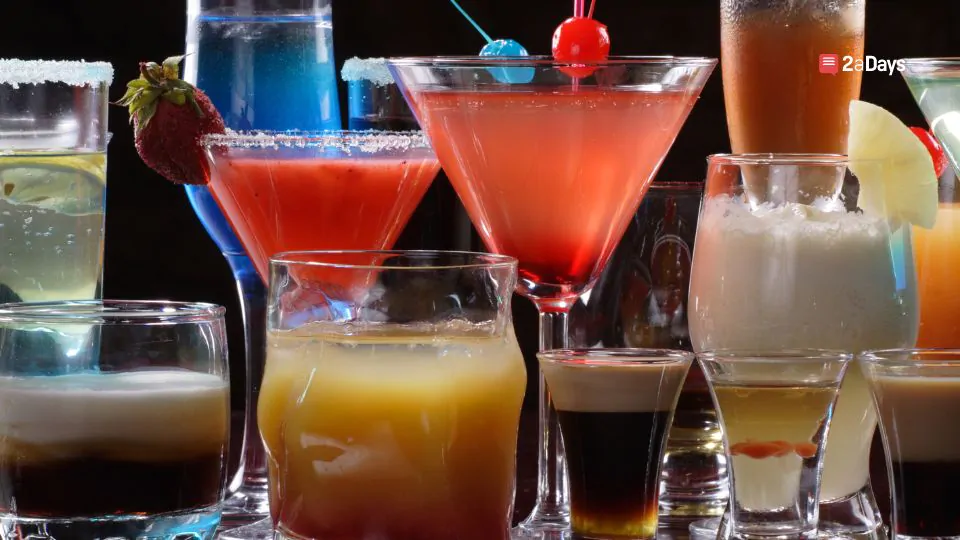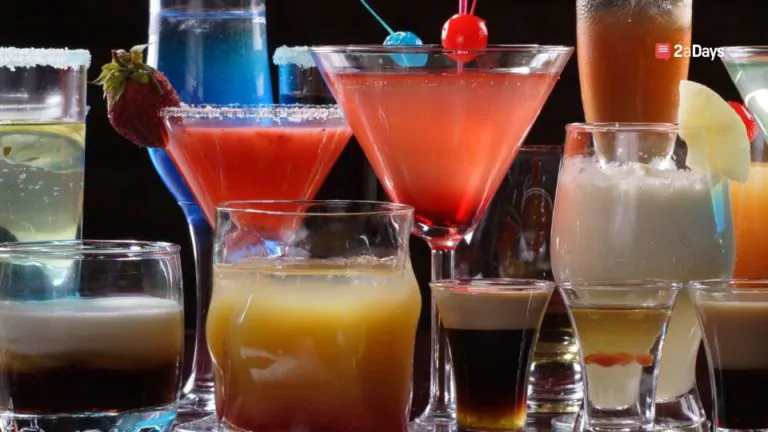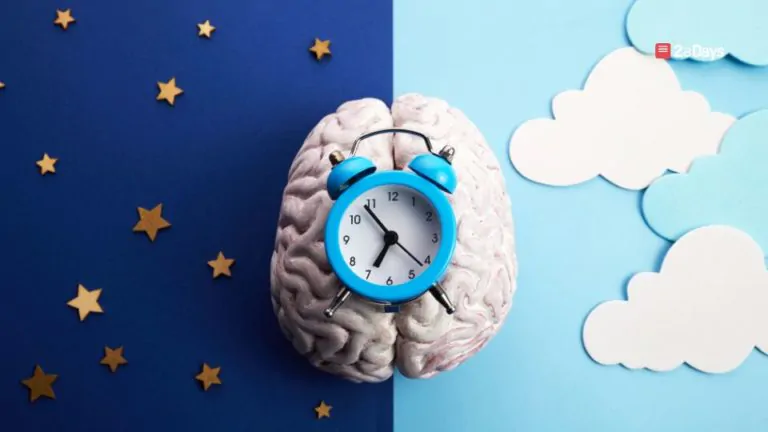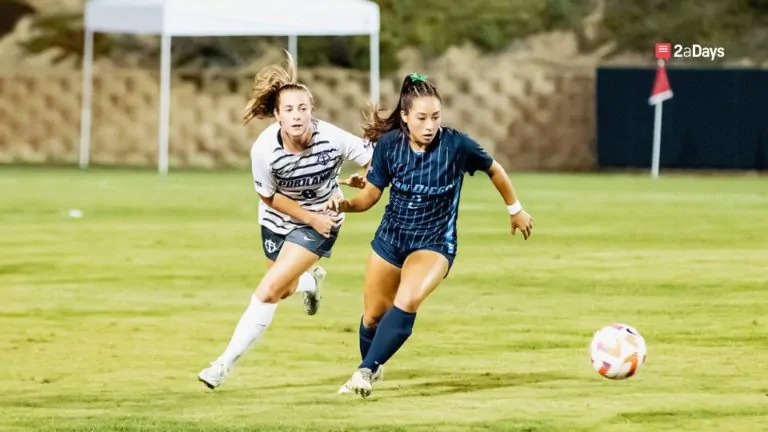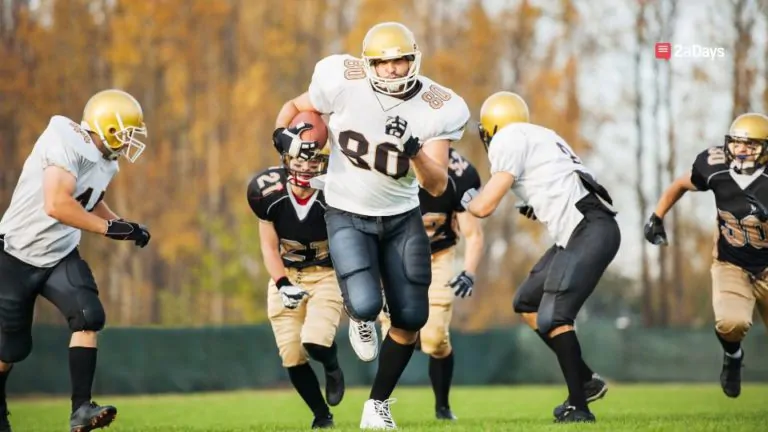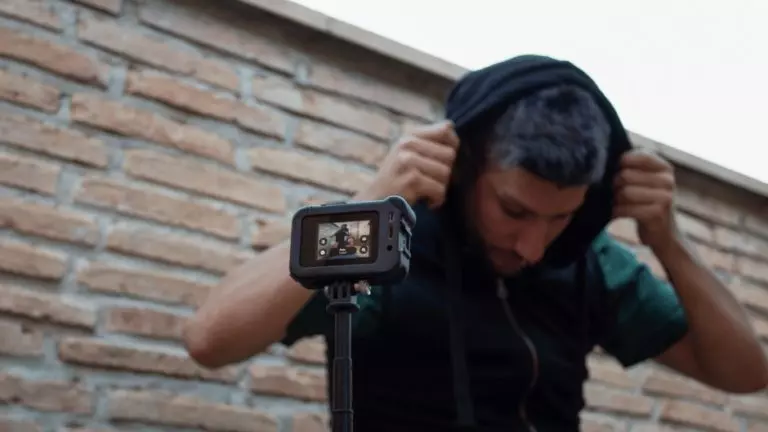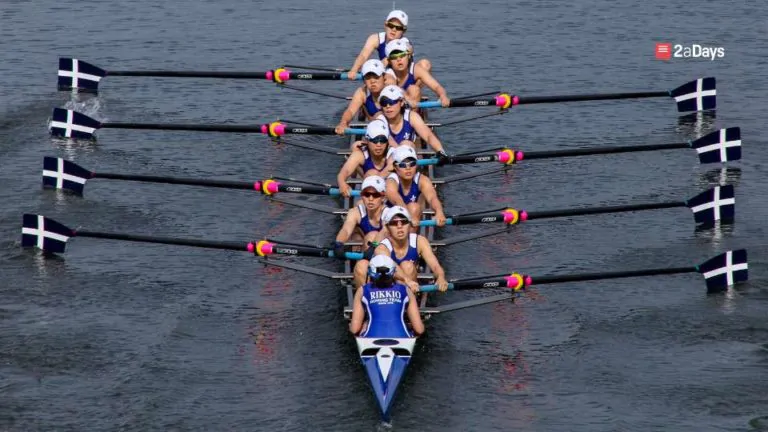College athletes live unique lifestyles, but in some ways, they're really no different than any other college student…especially when it comes to alcohol consumption. In 2019, The Substance Abuse and Mental Health Services Administration reported that 53% of undergraduate students consumed alcohol to some degree in the last month at the time of the study. There's nothing wrong with drinking in moderation, but the same study also found that 42% of college athletes in the study admitted to binge drinking, which can be counterintuitive to your goals. Excess drinking can stunt performance hours or days later, and with prolonged consumption, you can be affected for weeks or even months at a time both on and off the field of play.
Related: 3 Surprising Ways Alcohol Affects Athletic Performance
This isn't to say that drinking as a college student is wrong–it's a part of American college culture and social drinking from time to time can be a good way to socialize, let loose, and have fun. However, consumption of alcohol isn't harmless to your body or athletic performance. To be the best athlete you can, staying informed on all facets of your college experience that can affect your performance is just as important as your training and competition.
Hydration
Alcohol is a diuretic, meaning that drinking can dehydrate you, and in the process your body can lose electrolytes and water content quickly. Maintaining hydration is key for recovery after exercise, prevention of muscle cramps, and maintaining a stable body temperature so as to not exaggerate exhaustion. Dehydration in any major capacity can negatively affect athletic performance, and alcohol use in the day or hours before training or competition can exacerbate the levels of dehydration.
Sleep Disruption
While alcohol is a depressant and will likely lead to feeling tired and relaxed, it also decreases the rate of high-quality REM sleep. It can also disrupt your sleep itself, causing a cycle of poor sleep and tiredness in the days following, further reducing athletic performance. Giving your body proper time to rest can help you heal and recover from minor injuries and illness, and proper sleep is vital to athletic performance.
Related: Circadian Rhythm, Sleep Bucket, and 8 Sleep Tips for College Athletes
Inflammation
Alcohol can have two different effects with inflammation: inflammatory and anti-inflammatory. Alcohol can reduce the body's natural ability to inflame around injuries, and actually increase blood flow as a vasodilator around injuries that will limit the body's ability to heal. The opposite can also be true, with alcohol inflammation being caused directly from the consumption of it. This effect is what we see in hangovers and headaches, as well as the puffiness in faces and arms in people consuming large amounts of alcohol.
Ultimately, it is up to the athlete to decide on their consumption of alcohol. The effects can be reduced to a minimum if consumed correctly, and in any position of athletics, doing what's best for your body and overall health is optimal for success.
Have an idea for a story or a question you need answered? Want to set up an interview with us? Email us at [email protected]
* Originally published on December 8, 2022, by Jenaro DelPrete
